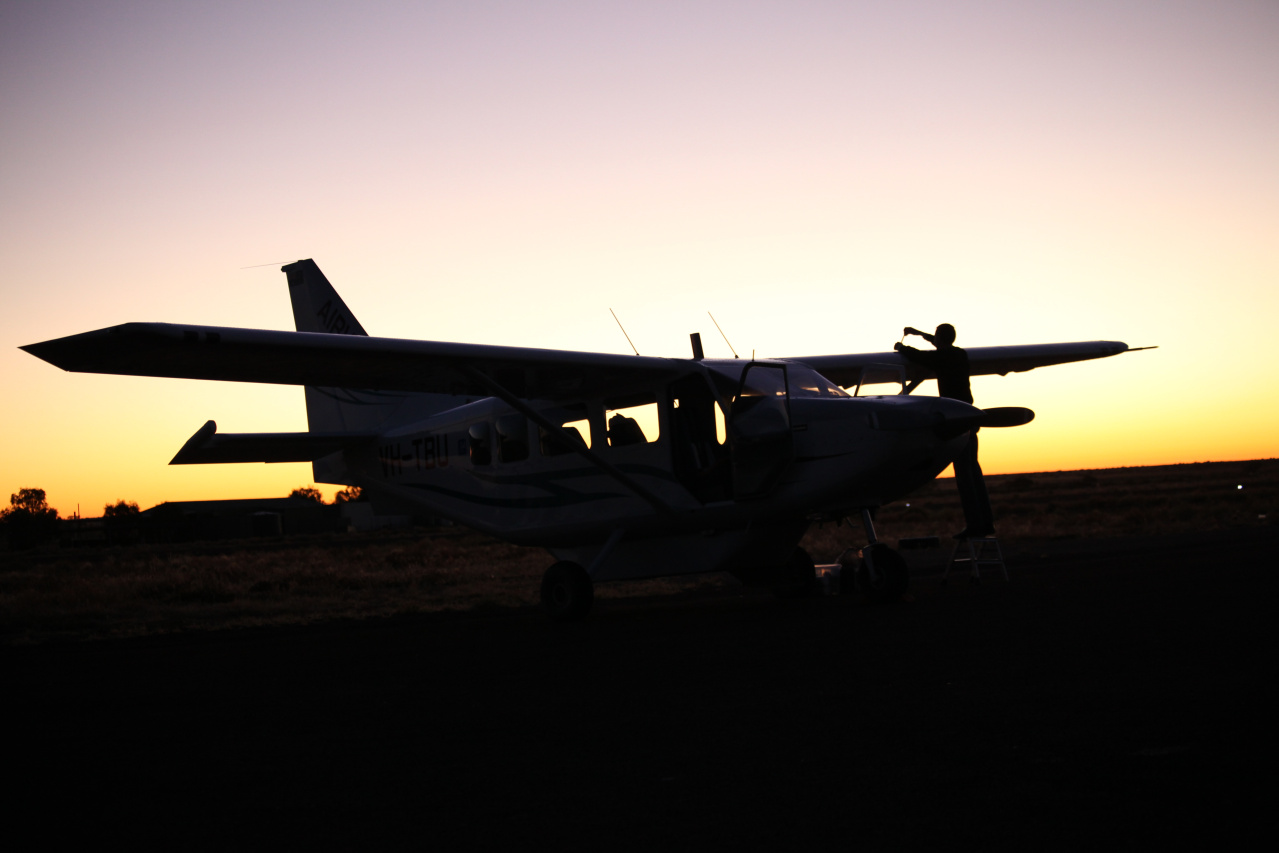Tomorrow is Bastille Day, the national day of France, and it’s timely to remember the contribution which the French have made to aviation.
It began with the Montgolfier Brothers, paper manufacturers in south-eastern France, who are credited with the first powered flights, using hot air balloons. In October 1783, Étienne Montgolfier made a tethered test flight and thus became the first human to lift off.
In 1909, Louis Blériot, who had invented and made his fortune from manufacturing car headlamps, made the first flight across the English Channel by a powered aircraft. He had no compass and flying at about 250 feet above the sea at around 40 knots, soon overtook the ship he was following towards Dover. He reported that for about 10 minutes he was flying in what we would now describe as non-VFR conditions. Blériot went on set up an aircraft manufacturing company and was present at Charles Lindbergh’s arrival at Le Bourget, Paris, after the young American’s Transatlantic flight of 1927.
In the 1920s and ‘30s Antoine de Saint-Exupery was among the pioneers of long distance aviation between France, Africa and South America, and left a literary legacy with his books, Night Flight, Wind Sand and Stars and The Little Prince. He disappeared while flying with the Free French Air Force in World War II. The wreckage of his Lockheed P-38 was not found until 2004.
Later in the 20th century, Dassault Aviation developed the supersonic Mirage fighter (used by the RAAF, among its many operators) and Sud Aviation (later Aerospatiale and Airbus) joined with British Aerospace in the development of the supersonic Concorde. The Toulouse-based Airbus Industrie, of course, has gone on to become one of the world’s major manufacturers of commercial aircraft. And French components fly on aircraft all round the world, whether made by Safran landing Systems (formerly Messier Bugatti), CFM International, the joint venture between Safran and GE that makes the engines which power the Airbus A320-series, or Groupe Latécoère, the company that built the mail planes piloted by Saint-Exupery and now makes the passenger doors of Boeing’s 787 Dreamliner.
And the French language has given us two very important internationally recognised distress calls—Mayday and Pan Pan. You can read about them, and some important changes to the way they are used in Australia, in the August edition of Flight Safety Australia.



